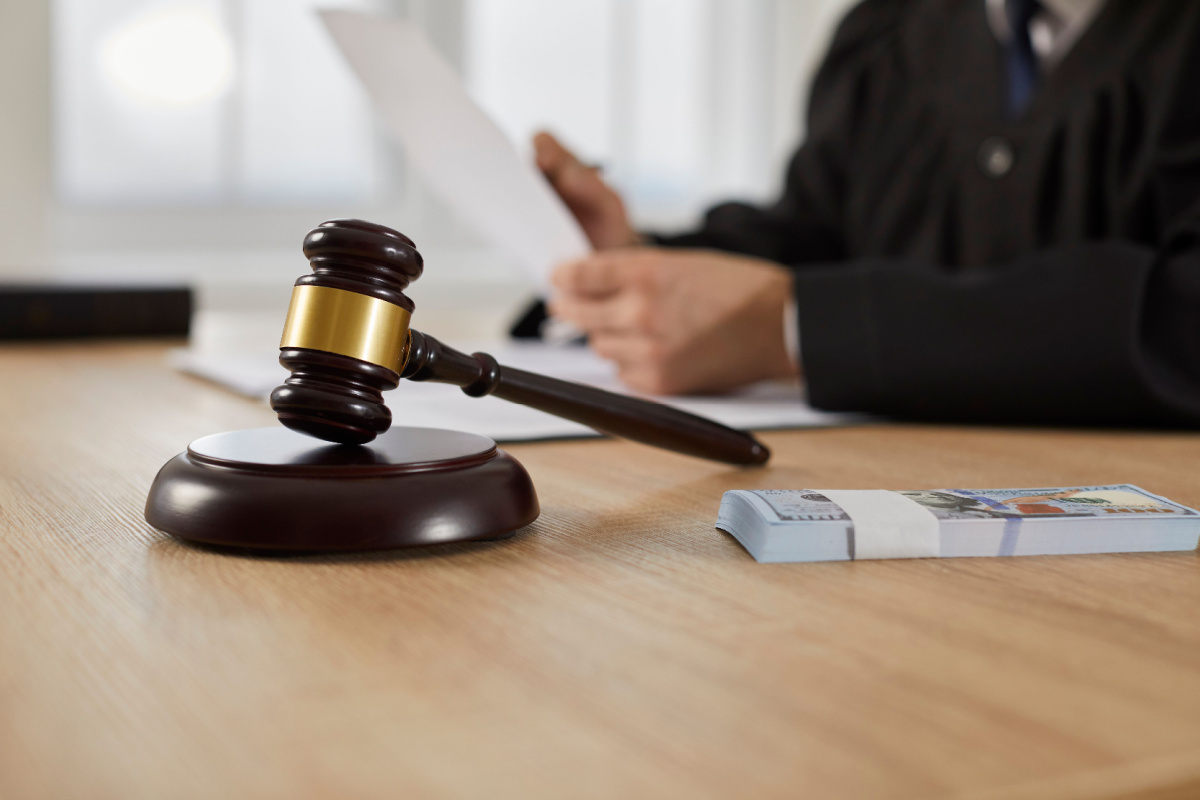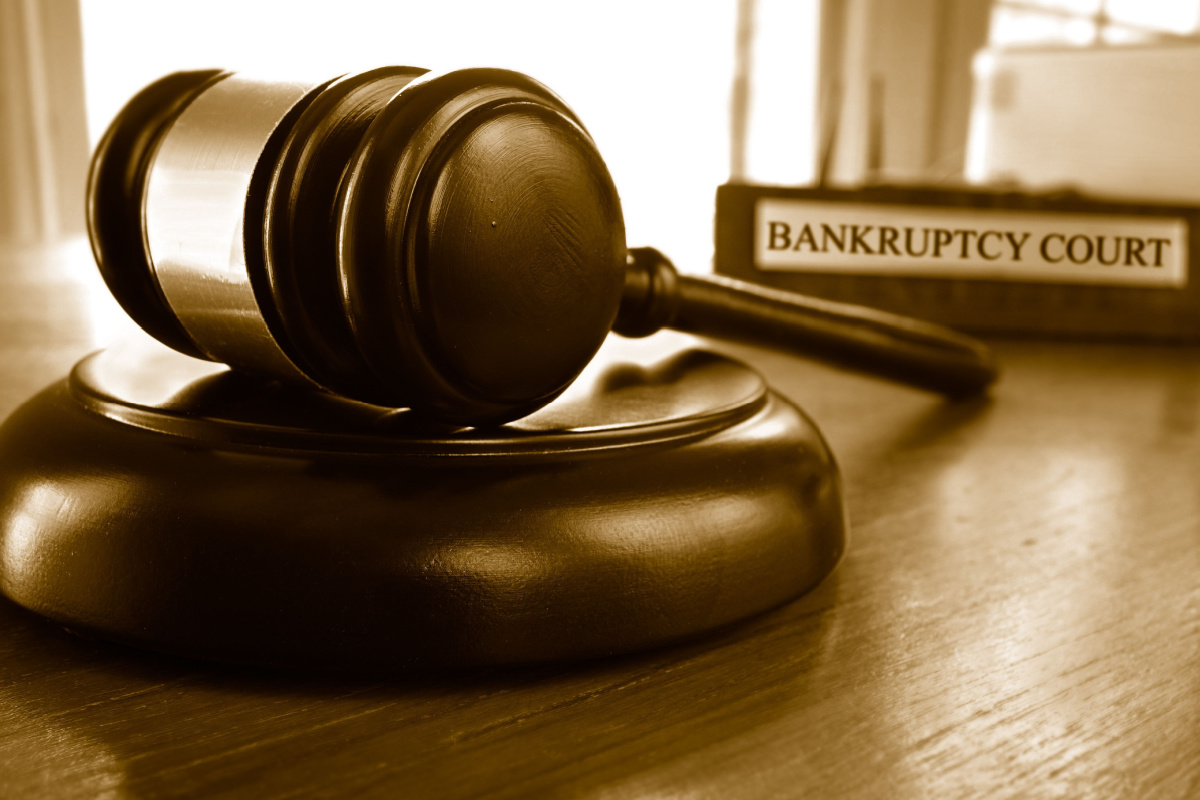




A recent bankruptcy case shows that even Hollywood celebrities aren’t immune from financial difficulties. Hello Bello, a company specializing in baby products and co-founded by celebrities Kristen Bell and Dax Shepard, recently filed for bankruptcy due to high production and shipping costs. The business, operating from Los Angeles and supported by VMG Partners, a private equity firm, declared in its bankruptcy submission that it has both assets and liabilities exceeding $100 million each. This filing is a measure to safeguard the company against creditor actions while it explores options to sell during the bankruptcy phase.
Back in 2019, Bell and Shepard, a married couple, initiated the brand in partnership with a deal to distribute their products exclusively through Walmart Inc., as per an earlier statement. Like other consumer businesses such as Bed Bath & Beyond, Hello Bello has struggled in the current economic climate, which is marked by persistent inflation and high-interest rates.
As per the court documents, the brand’s largest creditor is a supplier of tissue products, potentially owed approximately $22 million.
Filing for bankruptcy often marks a significant moment in an individual’s life. It’s commonly seen as a negative but can signal a positive shift. This process offers a chance to wipe the slate clean and begin anew financially. It’s a legally recognized method to manage overwhelming debts and allows people to reorganize their finances in a structured manner. By filing for bankruptcy, individuals take a proactive step toward solving their financial problems. It’s a move that can relieve them from the burden of unmanageable debt and provide a clear path for rebuilding their financial foundation. In many cases, it’s the first step towards a more stable and secure financial future, allowing individuals to restart their financial journey with a clean slate.
Bankruptcy is surrounded by many myths that can confuse and intimidate people. One common misconception is that filing for bankruptcy means losing everything. In reality, bankruptcy laws often protect key assets like homes and cars, allowing individuals to retain these essentials. Another widespread belief is that bankruptcy permanently ruins credit. While it does impact credit scores, people can rebuild their credit over time through responsible financial practices. Additionally, some think that bankruptcy is a sign of financial irresponsibility. However, many factors, like unexpected medical bills or job loss, can lead individuals to this decision. It’s not just about poor spending habits.
Dealing with bankruptcy often brings significant emotional stress. Individuals might feel overwhelmed, anxious, or even ashamed. Recognizing and managing these feelings is important. One effective approach is to focus on what can be controlled, like budgeting and spending habits. Creating a financial plan can offer a sense of direction and control. Engaging in open conversations with trusted friends or family members about these challenges can also provide emotional support and lessen feelings of isolation. Additionally, finding healthy ways to relieve stress, such as exercise, hobbies, or meditation, can be beneficial. It’s important to remember that facing financial difficulties is a situation many encounter, and it doesn’t define a person’s worth or capabilities. By addressing emotional challenges head-on with practical and supportive strategies, individuals can navigate through this period more smoothly and with a clearer mind.
After completing the bankruptcy process, individuals often face rebuilding their finances. A key step in this journey is creating and sticking to a budget. This helps in managing expenses and avoiding the accumulation of new debt. It’s also important to start building an emergency fund, even if it’s just a small amount each month. This fund acts as a buffer against future financial surprises. Another helpful strategy is to use cash or debit cards instead of credit cards, which can prevent overspending. Educating oneself about financial management through books or online resources can also be incredibly beneficial. This knowledge empowers individuals to make informed decisions about their finances. With patience, discipline, and the right strategies, it’s possible to rebuild a strong financial foundation post-bankruptcy and work towards a more secure financial future.
During bankruptcy, individuals have specific rights and protections that are important to understand. A key protection is the automatic stay, which stops most creditors from pursuing debt collection actions. This means no more harassing calls or letters demanding payment. It also halts any ongoing lawsuits related to debts and prevents the start of new ones. Another important aspect is the exemption of certain assets. Depending on the type of bankruptcy filed and the state laws, individuals may keep certain assets like a primary residence, car, or personal belongings. It’s also important to know that while most unsecured debts like credit card bills and medical expenses can be discharged, some obligations like student loans, child support, and certain taxes may not be eliminated. Understanding these rights and protections can provide a clearer picture of the bankruptcy process and what to expect.
In society, bankruptcy often comes with a negative stigma, but perceptions are shifting. It’s increasingly recognized as a legitimate financial tool, not a personal failure. This shift is partly due to more public figures and successful business people discussing their bankruptcy experiences. The judgment surrounding it lessens as more people understand the various reasons leading to bankruptcy, such as medical emergencies, job loss, or economic downturns. Efforts to educate the public about the realities of bankruptcy contribute to this change. Awareness that it can happen to anyone, regardless of financial savvy or personal responsibility, helps reduce the stigma. This evolving understanding fosters a more supportive environment for those considering bankruptcy, allowing them to make decisions based on financial need rather than societal judgment.

Sometimes, filing for bankruptcy is the smartest move for financial stability. This decision is not just for those with no other options; it can be a strategic choice. For instance, when debts become unmanageable and overshadow the ability to save or invest, bankruptcy offers a way to eliminate these debts and start fresh. It allows individuals and businesses to restructure finances in a more manageable way, focusing on long-term financial health rather than immediate pressures. Also, bankruptcy stops the constant stress of dealing with creditors and pending legal actions, providing a more peaceful environment to plan. By removing the burden of insurmountable debts, bankruptcy can pave the way for new financial opportunities and growth. In certain situations, this decision can be a proactive step towards regaining financial control and moving towards a more secure financial future.
If you are filing for bankruptcy, contact us or call us at 866-696-6432 today for a free consultation.

Learn about bankruptcy protections, types of bankruptcy, how to get started, what to expect, and who to trust. Filing bankruptcy is the ONLY way to completely eliminate debt. If bankruptcy is right for you, it offers powerful protections that cannot be achieved through alternative solutions such as hardship relief, loans, or debt settlement.